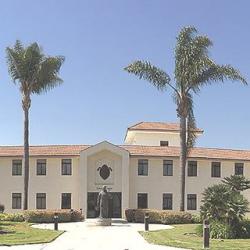From CNS:
The shouts of joy and cries of despair that greeted Pope Francis’ recent changes to canon law regarding liturgical texts appear to be exaggerated.
The changes can be read as part of Pope Francis’ efforts to promote a “healthy decentralization” of church structures, said Indian Cardinal Oswald Gracias of Mumbai. “It makes clear the responsibility of the (bishops’) conferences” in preparing faithful translations. “But this is, more or less, the procedure we have been following.”
“Just a few words have been changed” in canon law, so “we will have to see how it goes in the concrete,” said the cardinal, who is a member of the international Council of Cardinals advising the pope on church governance and is a former member of Vox Clara, the committee that advises the Congregation for Divine Worship and the Sacraments on liturgical translations in English.
Related: Pope Francis issues motu proprio on liturgical translations
The document, “Magnum Principium” (“The Great Principle”), was released by the Vatican Sept. 9. It changes two clauses in canon 838 of the Code of Canon Law: from “reviewing” translations, the Holy See now is asked to “recognize adaptations approved by the episcopal conference”; and bishops’ conferences, rather than being called “to prepare and publish” translations, are now called to prepare them “faithfully” and then to approve and publish them “after the confirmation of the Apostolic See.”
In a note published with the text, Archbishop Arthur Roche, secretary of the worship congregation, said under the new rules, the Vatican’s “confirmatio” of a translation is “ordinarily granted based on trust and confidence” and “supposes a positive evaluation of the faithfulness and congruence of the texts produced with respect to the typical Latin text.”











